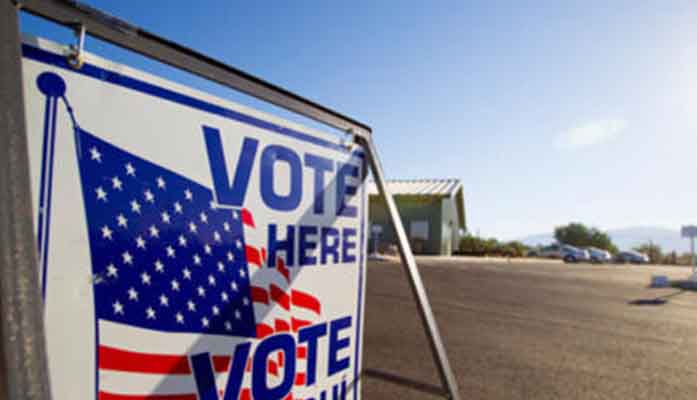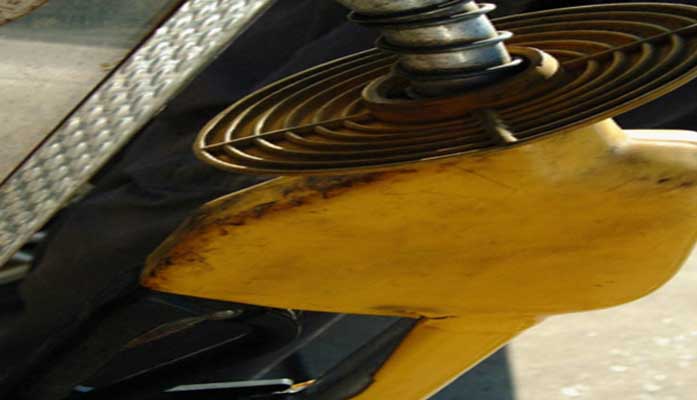
Bill Recognizes Right Of County Recorders To Have Voice In Some Elections Lawsuits
By Terri Jo Neff |
In a move strongly supported by Arizona’s 15 elected county recorders, the House Government & Elections Committee approved a bill Thursday which greatly limits the powers of the Arizona Secretary of State (SOS) when it comes to responding to and settling some election lawsuits.
HB2302 stipulates that the SOS cannot settle “or otherwise compromise” an election-related civil action without first consulting the state’s 15 county recorders if the proposed settlement materially affects a county recorder. It also gives any county recorder standing to join an election-related lawsuit and object to a settlement by putting forth evidence that the settlement is impractical or difficult to comply with.
The bill, sponsored by Rep. Walt Blackman, is supported by the Arizona Association of Counties. It passed the committee on a 7 to 6 vote, and is expected to pass the House Rules Committee next week.
That, according to Cochise County Recorder David Stevens, is a good thing, as the county recorders are the people legally responsible for registering voters.
Stevens says HB2302 is “a direct result” of Secretary of State Katie Hobbs’ actions prior to the 2020 General Election when she was named in a federal lawsuit which sought to extend Arizona’s voter registration deadline past Oct. 5. Hobbs never informed the 15 recorders about the case, even as she negotiated a settlement that directly impacted the recorders and their staffs.
“The recorders who actually do voter registration were not notified of the federal court case and were not able to present a defense against the extension to Oct. 23,” Stevens told Arizona Daily Independent. “To make it worse, when the extension was later ruled ‘illegal and an abuse of discretion’ and it was thrown out, the SOS provided her opinion as to when the last day of voter registration should be.”
None of the recorders were involved in reaching that opinion, Stevens says.
Eventually the U.S. Ninth Circuit Court of Appeals voided an Oct. 23 extended deadline ordered by a district judge in Phoenix. The result was a revised deadline of Oct. 15, 10 days after recorders had expected to be done with voter registration.
Stevens pointed out that because early voting began Oct. 7, the extended deadline created several problems as recorders who were facilitating actual voting were suddenly forced to handle inquiries about the ever-changed deadline and register voters for an election that was already underway.
Blackman’s bill is opposed by Secretary of State Katie Hobbs. Which disappoints Stevens.
“To be clear, NOT ONE voter has ever been registered to vote by the Secretary of State,” he said. “It is solely the function of the recorders, and not to involve the ones who actually do the work is malfeasance.”
Hobbs’ handling of the registration deadline case also got her sideways with Arizona Attorney General Mark Brnovich, who contended the SOS has no authority to bind the state or the county recorders to a change in state election law. As a result of that split, Hobbs retained private legal counsel while Brnovich vigorously defended the Oct. 5 deadline, which is set by state law since 1990 at 29 days prior to the general election.

